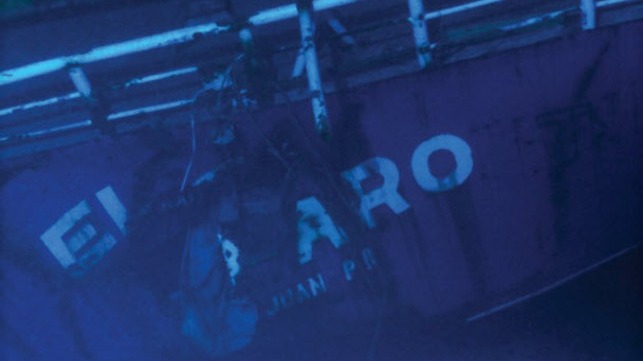Letters to the Editor: Shipwrecks Remind Us All of Our Humanity

While the maritime community is remembering the 50th anniversary of the Edmund Fitzgerald, I have been wondering why shipwrecks still have such a strong impact on people's imagination. The Franklin Expedition, the Titanic, or the Fitzgerald, for instance, are not only tragic events at sea. People who have never stepped on a ship and could not point out port or starboard still feel something when they hear about these lost crews. These events become more than history. They turn into human stories that move from one generation to the next.
We tend to forget that a ship is not simply a machine - it is an operating society. Every vessel has its own structure, daily lives, rites and superstitions. The crew is a small community, the foundation of which is mutual trust, discipline, and cooperation. The sudden disappearance of that micro-community is something that we register as more than a mere historical footnote; it is the downfall of a miniature world that used to drift on the waters.
Throughout my research on the Franklin Expedition, I have come to realize that people relate to such stories not because they are highly technical from a maritime perspective, but because they deal with human themes that are common to all people: ambition, fear, courage, and fragility.
The Titanic is the most obvious case. The majority of people who find the Titanic fascinating would not be able to explain the technicalities of the hull design or watertight compartments, but they understand immediately the human stories onboard: the families that were looking for a new life, the crew members who were doing their jobs, the common wish for safety that was broken by the cold Atlantic.
This long-lasting fascination is not a morbid one. It is a deep, primal empathy. Shipwrecks tell the truth that we all know and yet deny: regardless of how advanced a vessel is or how carefully a society is set up, nature still has a say in its survival. Wrecks remind us of the thin line that separates order from chaos, safety from disaster.
In the end, we return to these stories because they remind us of ourselves. They say something about our vulnerability, our strength, and the small communities we form to survive a world we cannot fully control.
The opinions expressed herein are the author's and not necessarily those of The Maritime Executive.
